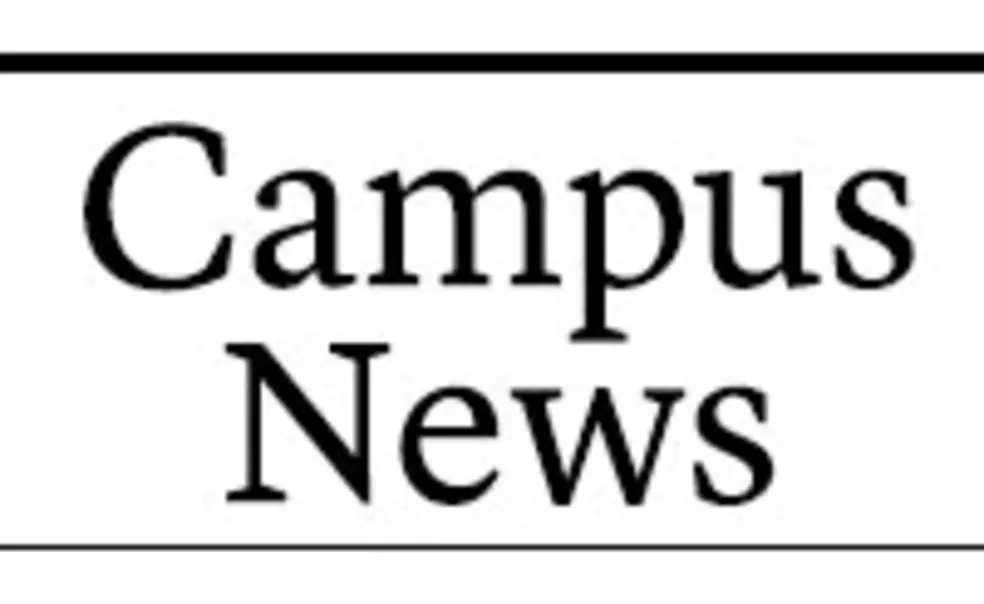Dallaire discusses conflict prevention
By Brittany Urick ’10
Retired Canadian Sen. Roméo Dallaire spoke about conflict prevention and peacekeeping in a Nov. 9 lecture at Dodds Auditorium. Dallaire highlighted serious threats but seemed to express optimism for the future when mentioning the U.N.'s efforts to reform conflict resolution strategies. He also praised the ever-growing worldwide NGO community, which he called "the conscience of humanity."Dallaire, a former lieutenant general who served as force commander of the United Nations Assistance Mission for Rwanda (UNAMIR) during the 1994 genocide, is intimately familiar with the daunting challenges that weak peacekeeping mandates can pose. He refused to abandon his post during the genocide despite the refusal of the U.N. and the international community to intervene to halt the violence.
In light of this experience, Dallaire delivered his reflections on conflict in a post-Cold War, unipolar world.
"We've established a pecking order of humanity within conflict resolution," he said, indicating that certain lives seem to be priced more dearly than others. Dallaire cited the Western world's tendency to ignore conflicts in sub-Saharan Africa as an example.
In the case of Rwanda, Western governments understood where and how the intricately planned genocide was being carried out by the Hutu Power regime, but no action was taken. "The [Hutu] extremists built that plan down to every 10 huts in [Rwanda]," he said. "And they implemented it. And we didn't stop them."
He stressed the importance of developing prevention strategies to insure against genocide and ethnic cleansing, tragedies that he said have become all too familiar.
In discussing the ramifications of other threats, including using terrorism, rape, and child soldiers as weapons of war, Dallaire explained how the rules of conflict have drastically changed in the 21st century.
Dallaire's appearance was sponsored by the Woodrow Wilson School of Public and International Affairs, the Canadian Studies Program, and the Center for Human Values. After the talk, Dallaire met and spoke with students before attending a dinner at Prospect House with a group of 25 undergraduates and graduate students.













No responses yet